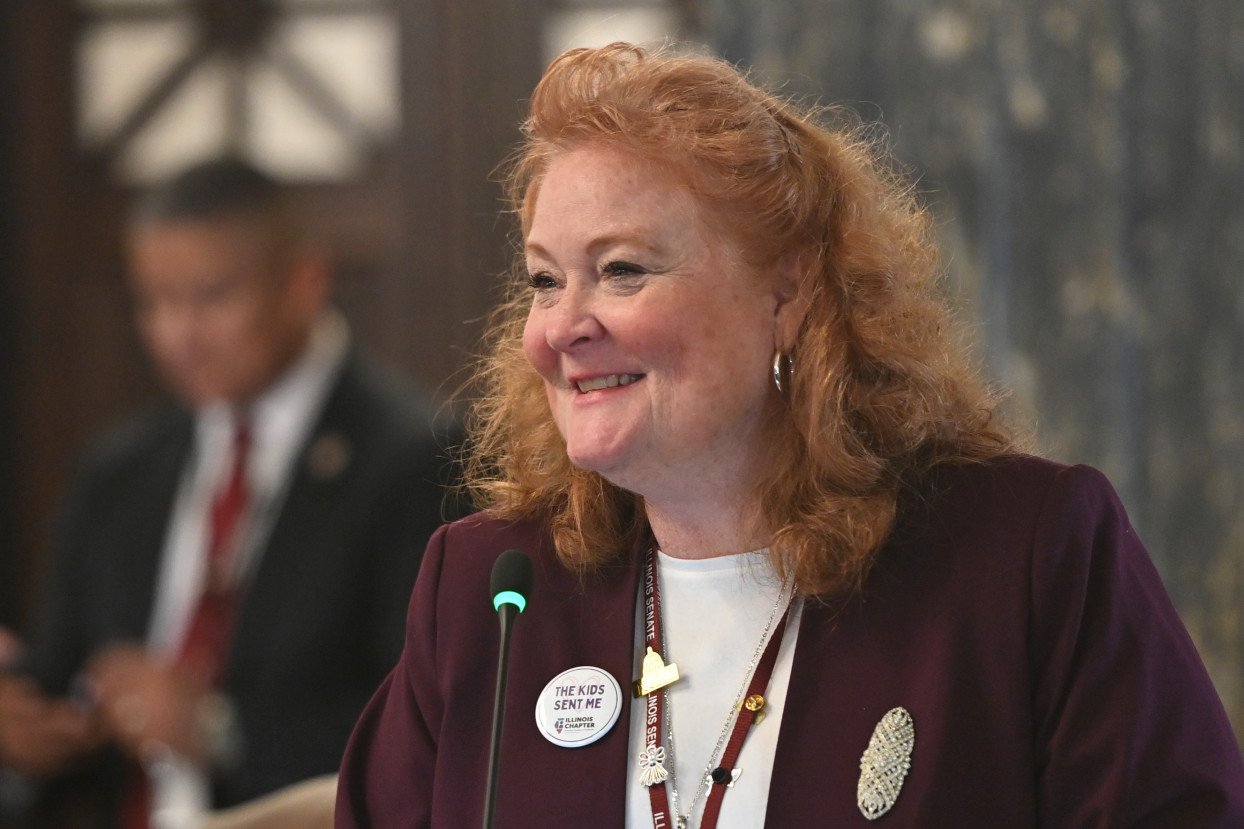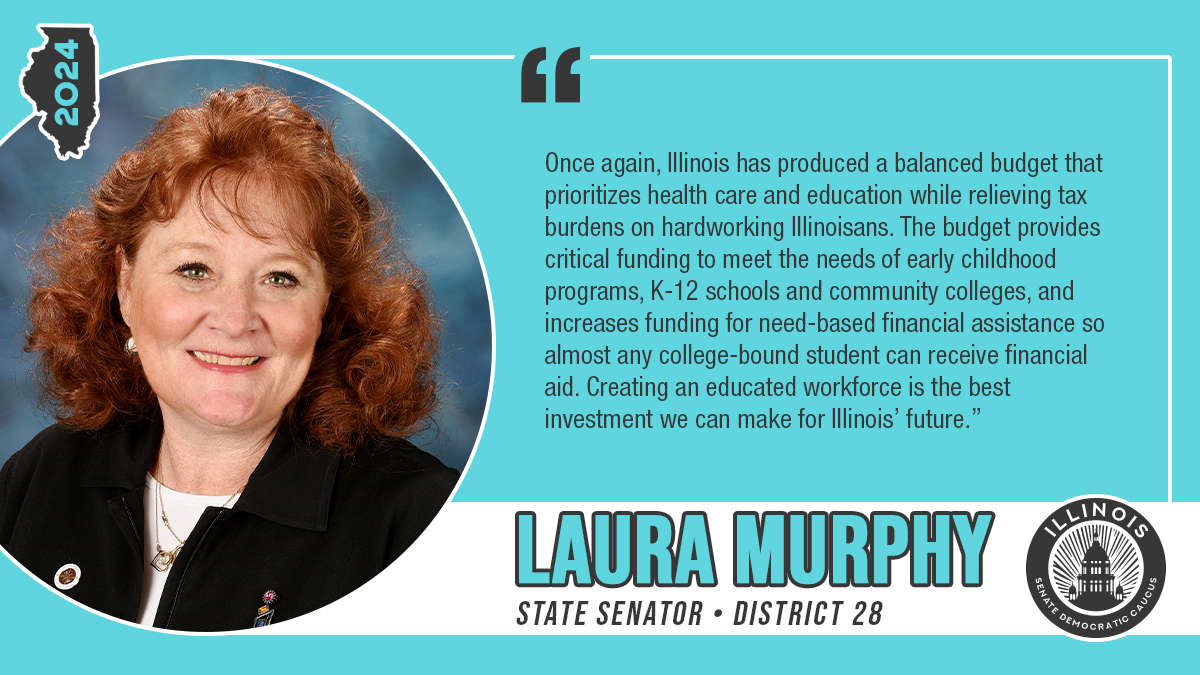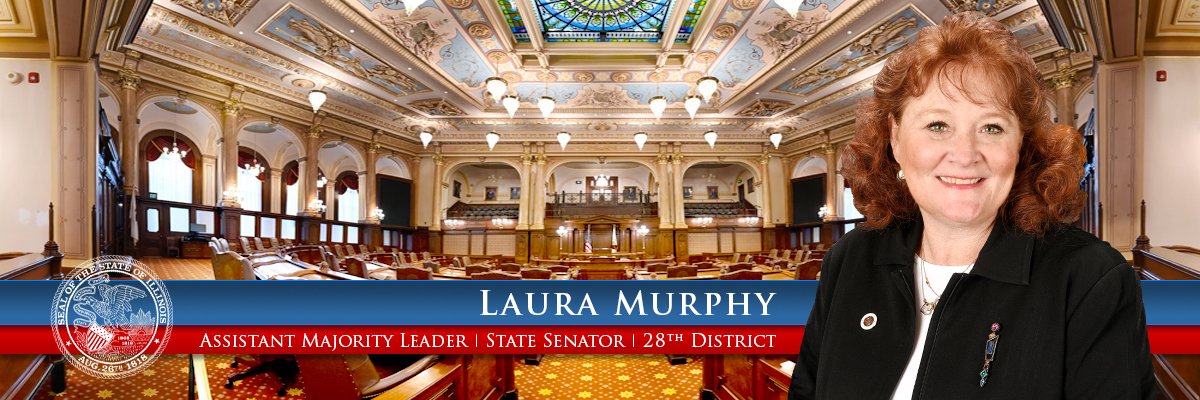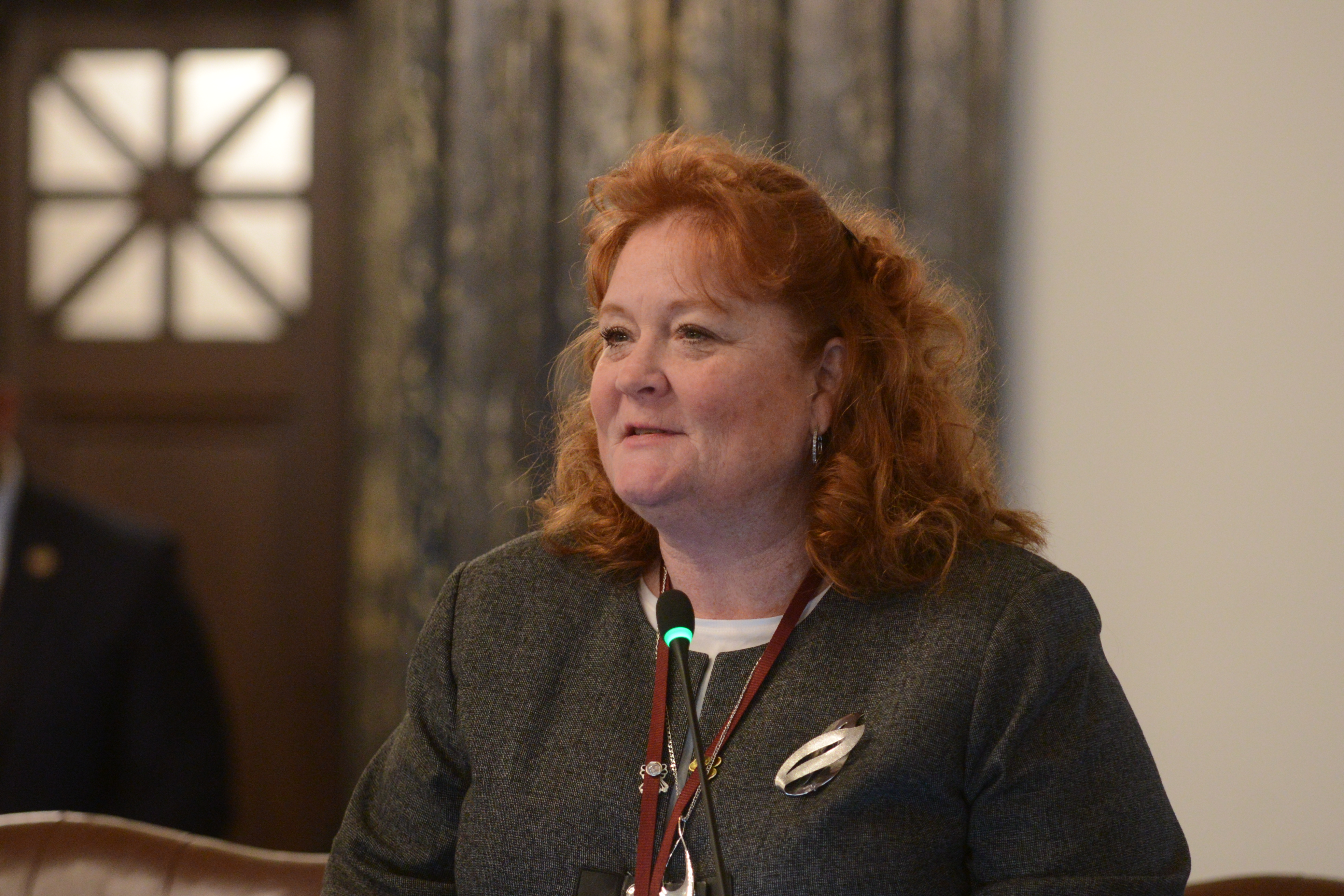- Details
SPRINGFIELD – Relief from drug shortages is coming soon for Illinoisans with prescription medications, thanks to a new law championed by State Senator Laura Murphy.
“No one wants to have to call every pharmacy in their area just to see if their medication is in stock. This process takes precious time, and some pharmacies won’t give out that information over the phone,” said Murphy (D-Des Plaines). “What’s worse is when generic medication is unavailable while brand-name medication is, the patient’s insurance often times won’t cover it. This can result in patients paying tens or hundreds of dollars out-of-pocket just to maintain their health.”
Murphy’s measure will require group health insurance and managed care plans to cover brand-name prescription drugs if the generic drug is unavailable during a nationwide shortage.
Last summer, there were 309 ongoing drug shortages in the United States, marking the highest number in a decade. Among the medications affected are those used to treat cancer, diabetes, epilepsy and asthma. Insurance companies will typically cover either the generic or the brand-name medication, but rarely both. During shortages, patients whose insurance only covers the generic drug are given the option to purchase the brand-name medication at many times the normal cost.
“Ensuring coverage for brand-name medication when generic alternatives aren’t available is a vital step toward increasing access to affordable health care,” Murphy said. “By providing coverage for these medications, we prevent patients from facing barriers to essential treatments, allowing them to receive the care they need without undue financial burden.”
Senate Bill 2672 was signed into law by the governor on Friday. It goes into effect Jan. 1, 2026.
- Details

SPRINGFIELD – Under a new law sponsored by State Senator Laura Murphy, residents of mobile home parks will see improved transparency and protections.
“Transparency regarding tenants’ rights in mobile home parks is not just a legal obligation, it’s a moral imperative,” said Murphy (D-Des Plaines). “It empowers residents to assert their rights, challenge discriminatory practices and advocate for fair treatment under the law.”
Under current state law, mobile home park owners are required to obtain a license to operate. If a park owner fails to maintain their license, the tenants are not required to pay rent. Murphy’s new law prohibits the eviction of a tenant for failing to pay rent to an unlicensed mobile home park.
Read more: Murphy initiative will improve transparency for mobile home owners
- Details

SPRINGFIELD – State Senator Laura Murphy (D-Des Plaines) issued the following statement after the Senate passed the Fiscal Year 2025 budget:
“Once again, Illinois has produced a balanced budget that prioritizes health care and education while relieving tax burdens on hardworking Illinoisans. The budget provides critical funding to meet the needs of early childhood programs, K-12 schools and community colleges, and increases funding for need-based financial assistance so almost any college-bound student can receive financial aid. Creating an educated workforce is the best investment we can make for Illinois’ future.
“By raising the minimum wage for direct support professionals and community care providers, we are bolstering the workforce and ensuring seniors and people with disabilities have the support that they need. Additional reimbursements for remote ultrasounds and music therapy services will ensure that the health and wellbeing of all Illinoisans is both accessible and affordable.
“Continuing on the theme of helping the middle and working classes, eliminating the grocery sales tax is a major step toward relieving the burden on hardworking families. To increase available funding, we are ensuring companies making record profits pay their fair share in ways that cannot be passed down to consumers, which will provide even more financial relief to middle-class households.
“In all, this budget ensures Illinois stays on our path to fiscal solvency while funding the most needed programs.”
- Details
SPRINGFIELD – The Prisoner Review Board would receive much-needed updates and training to ensure a more informed and thorough case review process under a measure supported by State Senator Laura Murphy.
“The responsibilities of Prisoner Review Board members are vital, which is why we need to equip them with the appropriate tools and training to make the most informed decisions possible,” said Murphy (D-Des Plaines). “By voting for this measure, we are strengthening the parole review process and putting protections in place that prioritize the safety of victims.”
The Prisoner Review Board imposes release conditions for incarcerated individuals on mandatory supervised release, and notifies victims and their families when individuals are going to be released from custody.
Read more: Murphy supports measure to update training for Prisoner Review Board
More Articles …
Page 9 of 119








